The reason why solar energy is considered a reliable energy source is because it has the following advantages:
Eternal energy: Solar energy is a renewable energy source provided by the sun, which rises every day and emits light and heat. Compared to limited fossil fuel resources, solar energy is a continuous and infinite source of energy.
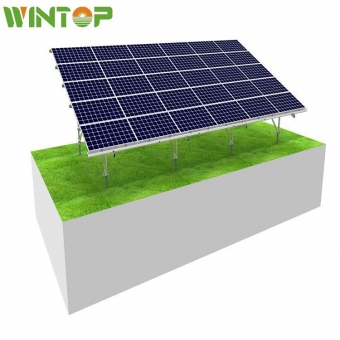 Environmental sustainability:
Environmental sustainability: The utilization of solar energy does not produce emissions of pollutants, greenhouse gases, or harmful substances. Compared with traditional coal-fired power generation, solar power generation can significantly reduce its negative impact on the environment, help mitigate climate change, and protect the health of ecosystems.
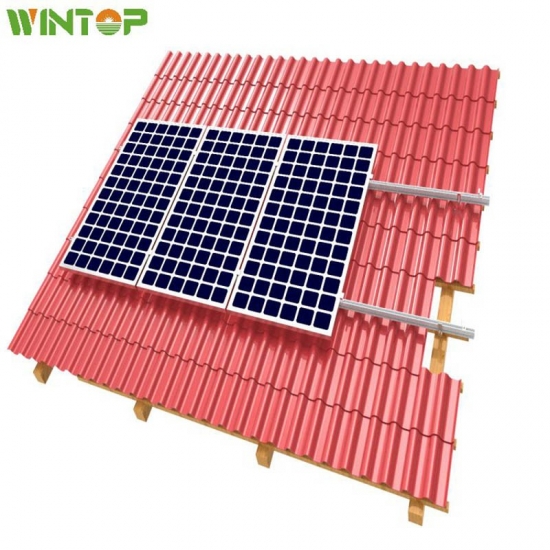 Low operating costs:
Low operating costs: Once the solar energy system is installed, its operating costs are relatively low. Solar energy does not require fuel, only relies on solar illumination, so there is no need to purchase fuel or burn it. In addition, solar energy systems have a long lifespan and require less maintenance, making their operating costs more economical and efficient.
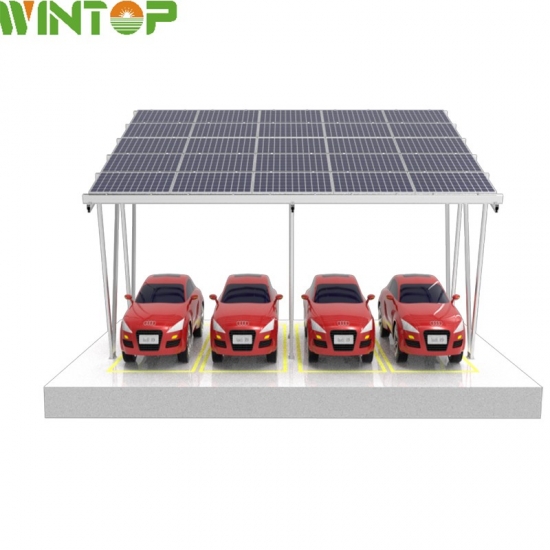 Decentralized power generation:
Decentralized power generation: Solar energy systems can be independently installed and used in different locations to achieve decentralized power generation. This means that solar power can be utilized in various places such as urban, rural, or remote areas, reducing reliance on transmission lines and providing greater energy independence and flexibility.
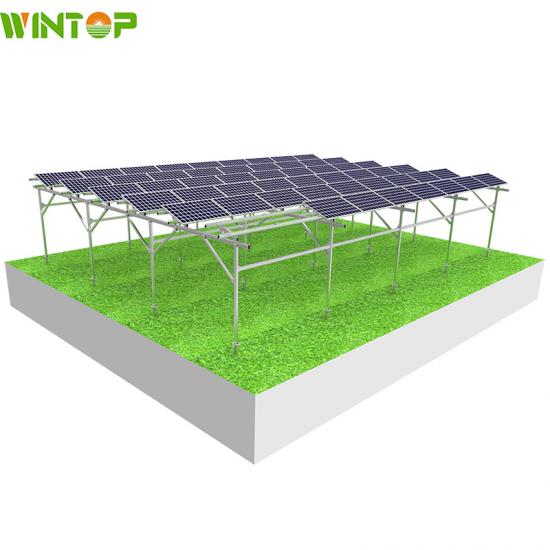 Widely applicable:
Widely applicable: Solar energy can be widely used in various fields, including residential, commercial, and industrial. It can be used in various aspects such as power generation, heating, lighting, etc., to meet people's different energy needs.
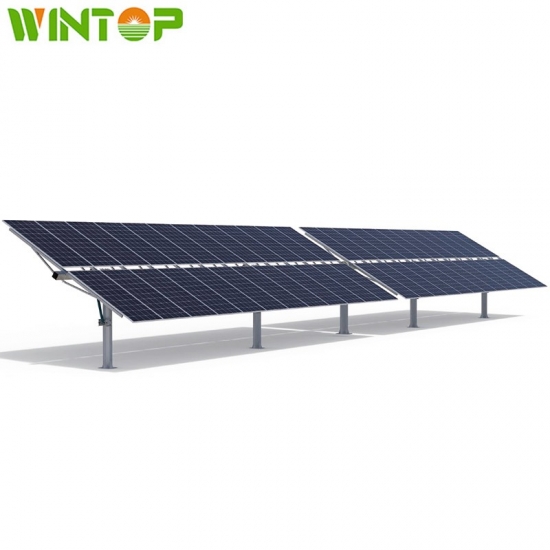
In summary, solar energy is a reliable energy source due to its eternal characteristics, environmental sustainability, low operating costs, decentralized power generation, and wide application potential, making it an important energy choice for sustainable development today.






